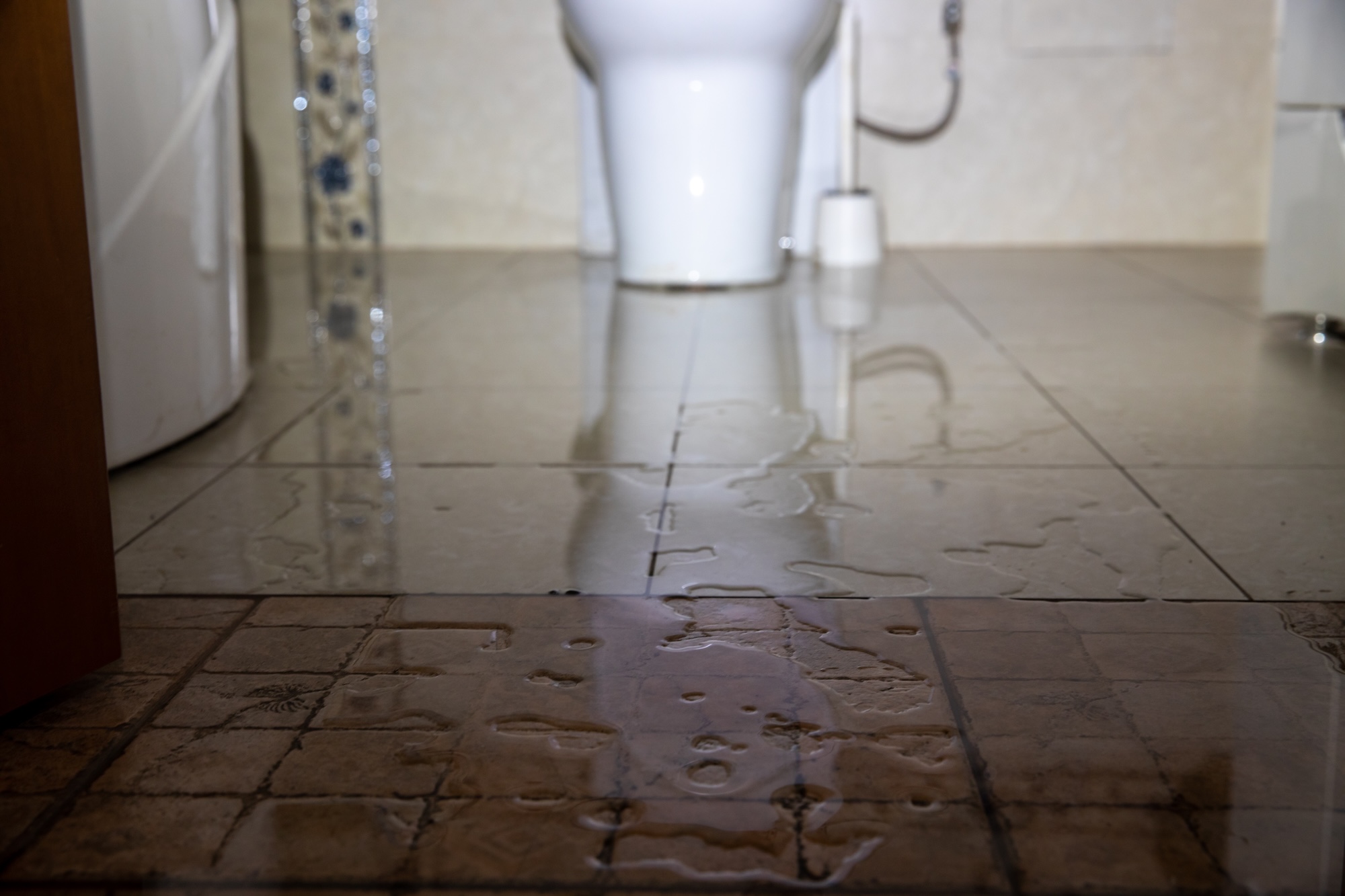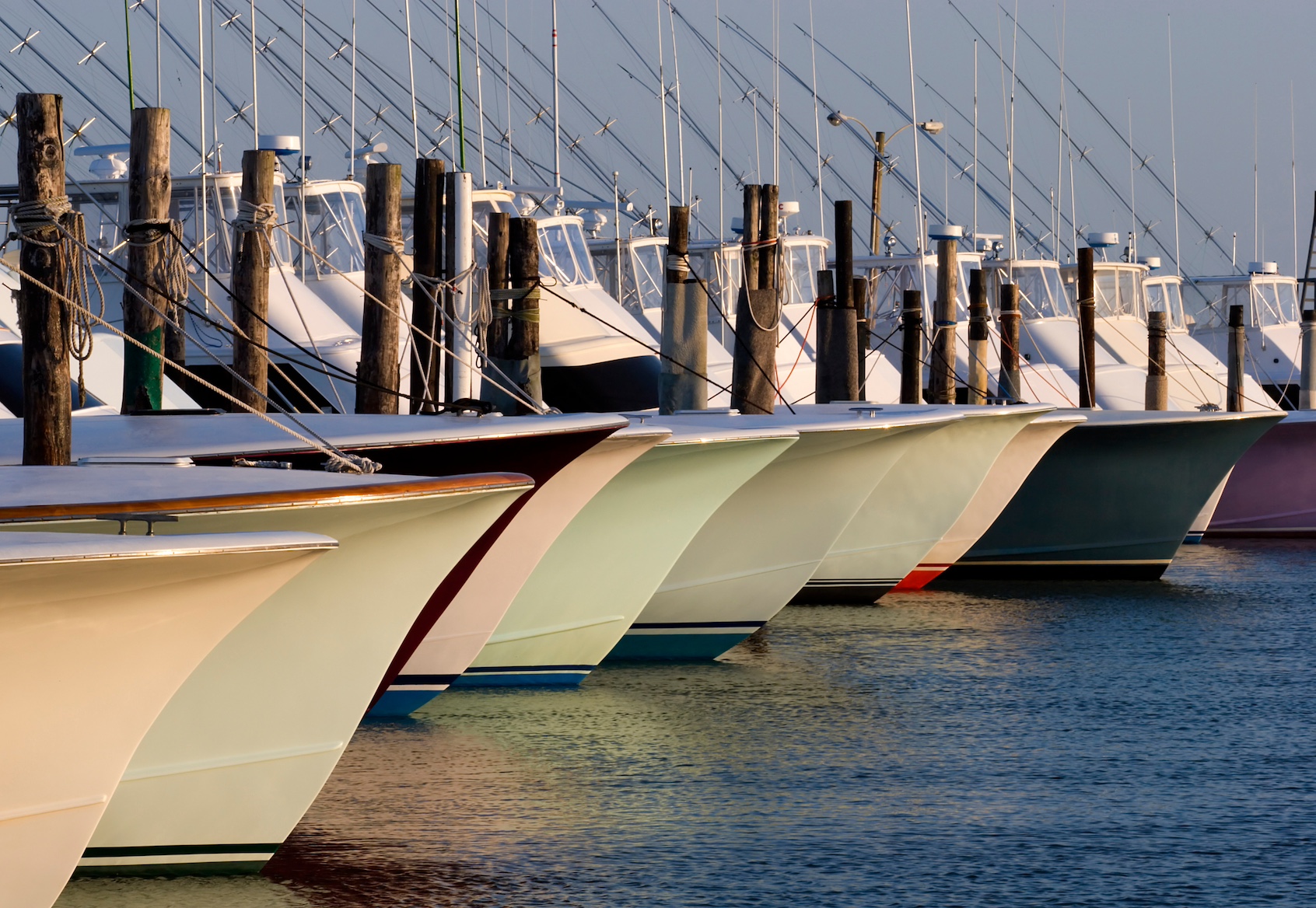
Flush with Caution: How to Avoid Costly Insurance Claims
Your toilet isn’t a trash can, but it sure gets treated like one! Most people don’t think twice about what goes down the drain—until there’s a problem. Clogged pipes, overflowing toilets, and sewer backups can turn into messy, expensive nightmares faster than you can say, “Where’s the plunger?”
For homeowners and renters in North Carolina and South Carolina, including Leland, Carolina Beach, and Fayetteville, avoiding these issues isn’t just about convenience—it’s about preventing costly insurance claims and surprise out-of-pocket expenses. A little awareness and maintenance now can save you a whole lot of headaches (and money) later.
The True Cost of Plumbing Disasters
A small plumbing issue can quickly turn into a major problem. Water damage doesn’t just ruin flooring and drywall—it can lead to mold growth, structural damage, and expensive insurance claims.
Common Water Damage Expenses:
- Replacing flooring, drywall, and cabinetry
- Mold remediation, which can begin within 24 to 48 hours of water exposure
- Plumbing repairs to clear blockages or replace damaged pipes
While home insurance may cover the peril of water damage (not to be confused with flood damage, which is often excluded from standard policies), many policies won’t cover damage caused by neglect, improper flushing, or gradual wear and tear. Taking preventative steps now can help homeowners avoid these costly situations.
What Should and Shouldn’t Go Down the Drain
Not everything that seems flushable is safe for your plumbing. Items that don’t break down properly can cause blockages, backups, and expensive repairs.
Things You Should Never Flush:
- Wipes (even those labeled “flushable”)
- Paper towels and tissues
- Cotton swabs and hygiene products
- Fats, oils, and grease
- Food scraps
What You Can Safely Flush or Drain:
- Toilet paper – Designed to break down quickly in water
- Human waste – The only other thing that should go in a toilet
- Small amounts of cooking liquids – Run cold water when draining to prevent grease buildup
- Dish soap and biodegradable cleaners – Safe for sinks and drains
Pro Tip: If you’ve been dealing with frequent clogs or slow drains, don’t wait for a full-blown disaster. Call a plumber before you have to call your insurance company!
How to Protect Your Home from Costly Plumbing Issues
Routine maintenance and a few smart habits can keep your pipes happy and your wallet full.
- Install drain strainers to catch hair and debris
- Run cold water while draining cooking liquids to help prevent grease buildup
- Use enzyme-based drain cleaners to break down buildup safely
- Schedule routine plumbing inspections, especially in older homes
Checking under sinks for slow leaks and keeping an eye out for water stains on ceilings or walls can help catch small problems before they turn into expensive repairs.
What Property Insurance Covers—and What It Doesn’t
Home insurance can be a financial lifesaver when it comes to water damage, but it doesn’t cover every situation.
Typically Covered by Insurance:
- Burst pipes due to freezing or unexpected failure
- Accidental water damage from appliances like dishwashers or washing machines
- Sewer backups (if you have an added endorsement)
Often Not Covered by Insurance:
- Gradual leaks or water damage caused by neglect
- Damage from improper maintenance, such as ignoring a leaking pipe
- Clogs or blockages resulting from non-flushable items
- Damage to vacant homes—if a home has been unoccupied for an extended period, coverage may be limited or excluded
If you’re unsure what your policy covers, Cavik Insurance can help homeowners in North Carolina and South Carolina review their coverage and ensure they have the right protection.
For a detailed breakdown of what home insurance typically covers, visit the National Association of Insurance Commissioners (NAIC).
Why Sewer Backup Coverage Might Be Worth It
A standard home insurance policy doesn’t always cover sewer backups, but adding this endorsement can save homeowners thousands of dollars in repair costs.
Common Causes of Sewer Backups:
- Tree roots growing into pipes
- Aging municipal sewer systems
- Heavy rain overwhelming drainage systems
When a backup occurs, it can result in extensive property damage, requiring expensive repairs and professional cleanup. If you’re not sure whether you have this coverage, Cavik Insurance can review your policy and recommend protection options.
Learn more about why sewer backups happen and how to prevent them from the Environmental Protection Agency (EPA).
Signs of Plumbing Issues You Shouldn’t Ignore
Spotting early warning signs can save you from costly repairs and potential insurance claims. Keep an eye out for:
- Slow drains or frequent clogs
- Unusual gurgling noises from toilets or sinks
- Sewer odors in your home
- Water stains on ceilings or walls
- Unexpected spikes in your water bill
Addressing these issues quickly can prevent larger problems like burst pipes, sewage backups, and major leaks.
How Cavik Insurance Helps Homeowners Stay Protected
No one wants to deal with unexpected home repairs, but having the right insurance coverage can make all the difference.
Cavik Insurance Provides:
- Personalized coverage recommendations for homeowners in North Carolina and South Carolina
- Help finding policies that cover water damage, sewer backups, and plumbing-related claims
- Guidance on insurance claims if plumbing disasters occur
Whether you need home insurance, renters insurance, or additional coverage options, Cavik Insurance can help you find the right protection for your home.
A Little Prevention Goes a Long Way
Taking small steps to protect your plumbing can prevent major damage and costly insurance claims.
- Be mindful of what goes down the drain
- Perform regular plumbing maintenance
- Review your home insurance policy to make sure you have the right coverage
Not sure if your home is protected against plumbing disasters? Contact Cavik Insurance for a free policy review and expert advice. Because when it comes to home protection, it’s better to be safe than soggy!
Have questions? Give us a call at 910-722-3225 to get expert advice and a free policy review.

